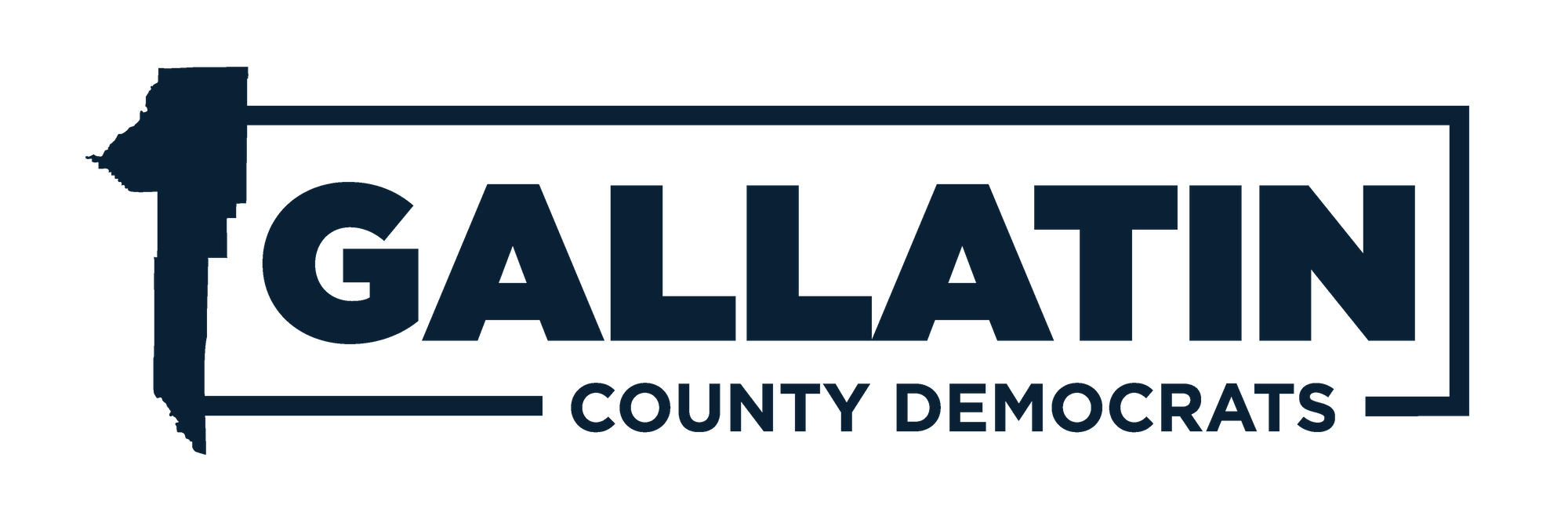By ANNE HEDGES
Guest columnist
Imagine buying a Big Mac hamburger and then learning that you now have to buy the entire McDonald’s restaurant. Sen. Steve Fitzpatrick wants you to focus on the price of the hamburger, but he doesn’t want you to focus on the fact that the hamburger will actually cost $1 billion dollars as soon as you place your order. A nefarious scheme? You bet.
Sen. Fitzpatrick’s Senate Bill 379 would force NorthWestern Energy’s customers to pay over a billion dollars to NorthWestern Energy’s shareholders. This information is coming from the very regulators that we taxpayers depend on to protect us from this kind of price gouging typical of corporate monopolies.
Don’t think your energy bills from NorthWestern Energy are high enough? Then you’ll love SB 379! If you don’t have a spare $700 each year, then you will be horrified by SB 379. Sen. Fitzpatrick claims that we can save the aging Colstrip plant for the price of one hamburger a month. Reality check: what Sen. Fitzpatrick says is only true if you don’t read the bill and completely ignore the concerns of the Public Service Commissioners (past and present), the Montana Consumer Counsel, AARP, and businesses across the state including Saint Patrick’s Hospital.
If the price customers will pay NorthWestern under this bill is not high enough, the real costs are far more troubling. SB 379 forces the Public Service Commissioners to allow NorthWestern to charge its customers each year for the constantly rising costs to operate and maintain the aging Colstrip plant, including rapidly rising fuel costs, periodic equipment replacement, taxes, replacement power when the plant breaks down (which in recent years has been $14 million, and will certainly increase as the plant ages), and — you’d better sit down for this one — all cleanup costs for the new share of the plant!
The Public Service Commission’s numerous analyses calculating the average cost per customer each year results in NorthWestern being able to charge communities across the state some staggering amounts in a single year: $25 million for Billings, $21 million for Missoula, $11.9 million for Bozeman, and $23 million for Great Falls. Smaller towns like Hamilton will be on the hook for $1 million each year. Of course this assumes that every household in these towns is a NorthWestern customer and not a co-op customer, but you get the idea.
Can your community afford to pad the pockets of NorthWestern’s shareholders to the tune of millions of dollars a year? Can you afford these higher power bills? And wouldn’t this money be better spent on our local communities?
SB 379 will raise monthly electricity bills because NorthWestern will bypass the only protection consumers have, the Public Service Commission, whose job it is to protect consumers from price gouging by monopoly utilities. SB 379 allows NorthWestern to charge its customers hundreds of millions of dollars, and make a nearly 10% profit off of those charges, even if the Colstrip plant produces zero electricity. Saving Colstrip? Hardly.
Creating unimaginable wealth for NorthWestern’s executives and shareholders at customers’ expense? You bet.
As former Public Service Commissioner, Travis Kavulla recently wrote, “If passed, it’ll become an instant legend among utility wonks about the shenanigans regulated utilities pull at state legislatures at consumers’ expense.”
Colstrip for the price of a hamburger? That’s a whopper of a joke.
Anne Hedges is the director of policy and legislative affairs for the Montana Environmental Information Center, an organization that lobbied against deregulation in 1997.
Bozeman Daily Chronicle Guest Editorial 4/21/21

